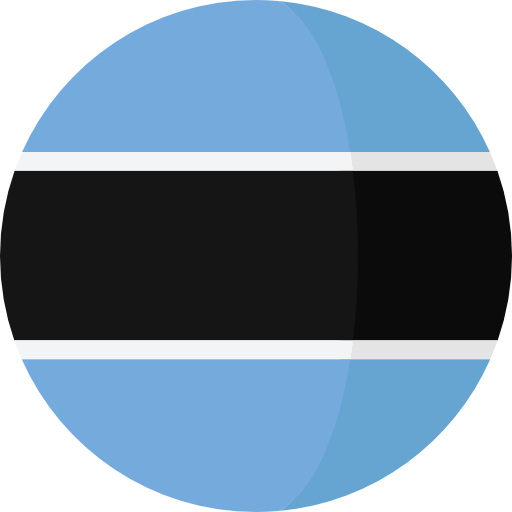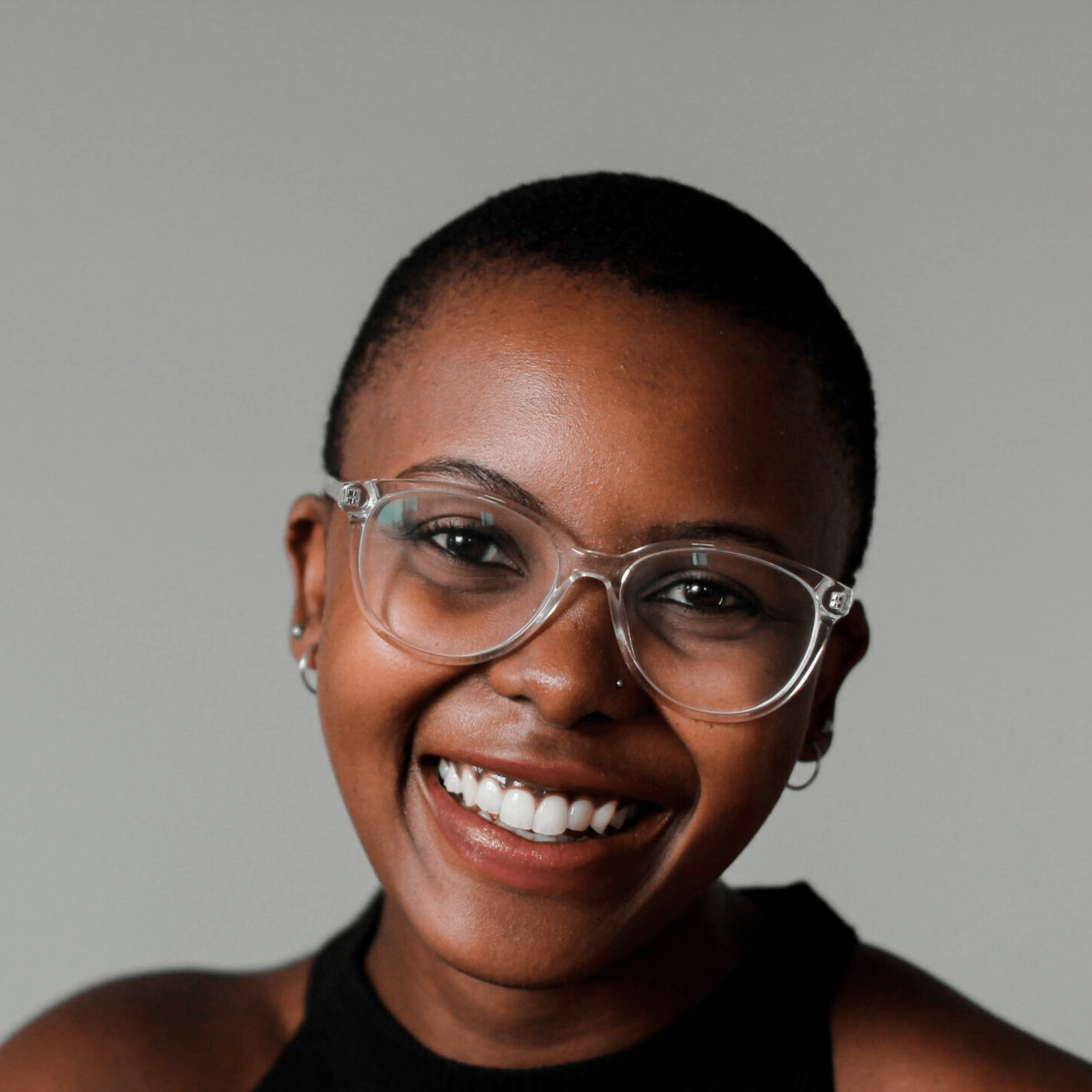What is your educational background?
Towards the end of my high schooling, I was awarded a scholarship from Maru-a-Pula School to complete my studies at Menlo School in Atherton, California. As a result of my academic success during my year abroad, I received the Top Achiever’s Scholarship supported by the Government of Botswana to complete my tertiary education.
I completed my undergraduate degree at McGill University in Psychology and I am currently pursuing a Master’s Degree in neuroscience at the same institution.
What is your current occupation?
I am a Master’s student in neuroscience studying how neuroplasticity is altered in major depressive disorder and child abuse.
What or who got you into STEM?
Growing up, I was interested in science and I excelled at it. I completed my undergraduate degree in psychology with an interest in pursuing clinical psychology. In my final year, I completed a research project in a neuroscience lab which I enjoyed. Since transitioning to neuroscience, I have had the opportunity to meet and learn from Black scientists in neuro as well as African scientists in STEM. This gave me hope that my dreams to become a scientist are achievable, now that I see that there are people who look like me in the positions I wish to one-day hold.
What is the biggest challenge/barrier you have faced as an African in STEM?
The lack of representation of Africans and Black women in STEM has been the biggest challenge I have faced. It is difficult to imagine myself as a scientist with very few people of a similar background to model after.
How do you think your background/upbringing has been beneficial in your journey/career?
I am very grateful for the foundation that my parents gave me. They encouraged me to try new things, explore my curiosity and dare to dream. I have also had great mentors along the way who have provided me with opportunities to expose my capabilities.
How do you think we can start to change the narrative surrounding African contributions
to global STEM research & careers?
We can start to change the narrative by providing more opportunities and funding for Africans to pursue STEM research and careers both on the continent and abroad. We could also work to increase the visibility of Africans in STEM.
What advice would you like to give to young, aspiring Africans in STEM?
You are valuable and offer a very unique perspective. If you don’t see someone who looks like you in the role that you aspire to, be that someone for the next generation of aspiring Africans in STEM





